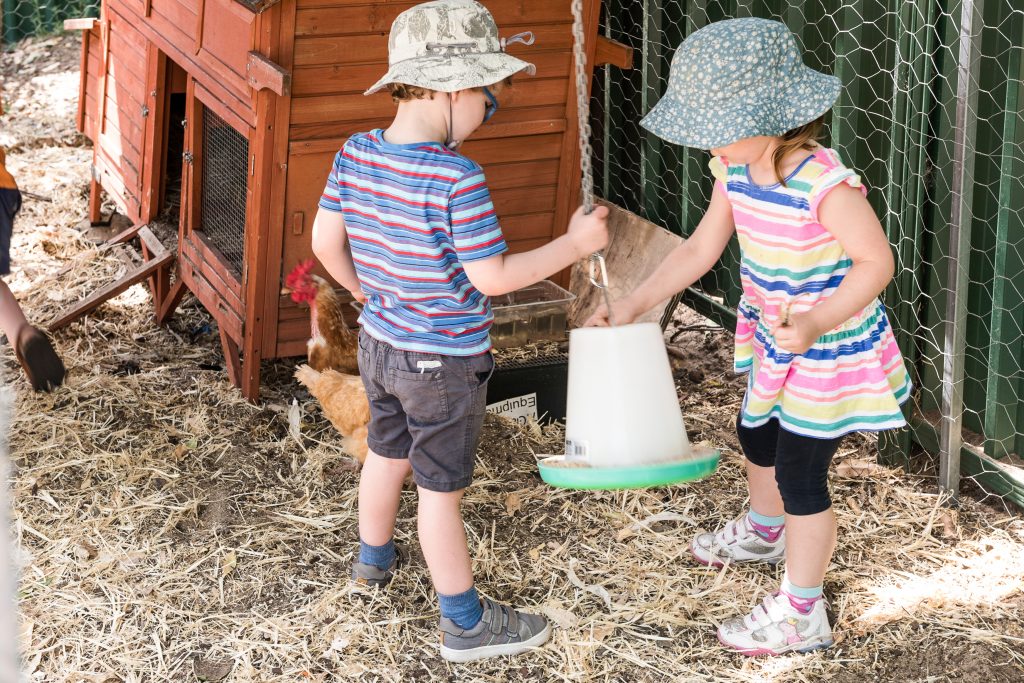The results of the Australian Early Childhood Development Census (AEDC) are in. The data shows us that some of our most vulnerable groups – children from low socioeconomic status areas, children from culturally and linguistically diverse backgrounds (CALD) and First Nations children – have experienced some encouraging improvements. However, West Australian children are still experiencing unacceptably high levels of vulnerability.
What is the Australian Early Childhood Educational Development Experience (AECEDE) Research Project?
“The Australian Early Childhood Educational Development Experience (AECEDE) Research Project explores the impact of early learning experiences, both at home and in early education and care services, on young children’s development and learning. The project aims to build a picture of children’s activities in the years before they start school and the impact of these activities on their development. The project is being conducted by the Australian Government Department of Education and Training supported by the NSW Department of Education, the NT Department of Education and researchers from the Telethon Kids Institute and the Social Research Centre.” (AEDC, 2019)
The five domains measured in the AEDC include:
- language and cognitive skills (school-based)
- communication skills and general knowledge
- emotional maturity
- social competence
- physical health and wellbeing
1 in 5 children who entered school in 2018 were identified as developmentally vulnerable in one or more domains.

What can be done to improve early learning?
While language and literacy outcomes are on the rise nationwide, Early Childhood Australia (ECA) CEO Samantha Page suggests that more action is needed. Federal and State and Territory governments need to work together. Ensuring all Australian children get two years of preschool education. Our Childcare Subsidy System should ensure that every child can access a guaranteed two days of quality play-based early learning. (Carolin Wezel, 2019)
The AECD results show us ‘It is important to keep encouraging parents to talk, sing and read to their children every day. Also, to provide children with lots of time to play—particularly to play outside and play with other children—this builds physical health and wellbeing, as well as communication skills and social competence’, said Ms Page. (Carolin Wenzel, 2019)
Quality Early Learning Programs are the key to success. Just 15 hours per week in a quality play-based program could make life changing benefits to our children. Preparing them for school and, most importantly, life.

To find a play-based Early Learning Program near you, see Meerilinga’s Early Learning locations.
